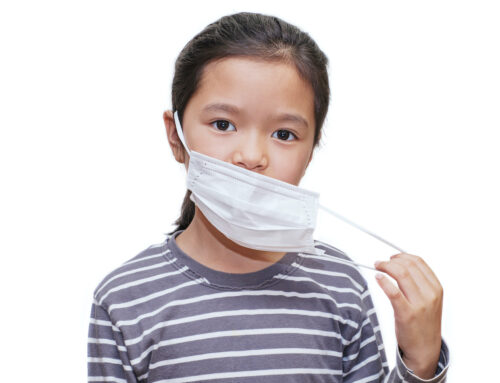Although most teens will experience stress at some point in their day, is it all bad? Researchers have pointed out that stress is not all negative, and that some types of stress are indeed good for us. Some benefits of positive stress (termed “eustress”) include its ability to serve as motivator, improve task performance, create excitement, and increase focus. In thinking about positive stress, we can imagine the athlete who makes the game-winning play just as the buzzer goes off, the student who performs best when up against a hard deadline, or the thrill that we might feel on an amusement park ride. For some people and in certain circumstances, stress is a helpful adjunct that can improve productivity and increase motivation. Some would argue that stress is a needed part of life, and provides the incentive we need to be active, creative, and hardworking.
However, while some relish the excitement of the close games, last-minute deadlines, and rollercoaster rides, others may feel panicked, anxious, or out of control under those circumstances. Determining the difference between positive and negative stress (termed “distress”) involves understanding the nature of the stressor and the impact that it has on the individual. Often, our subjective appraisal of the stressor and of ourselves (and our ability to cope) has a significant effect on whether it causes us distress. If we are indeed overwhelmed, this can lead to feelings of fear, worry, and apathy that negatively impact our functioning. While some stressors may be rather acute, others can affect us over a period of time and can cause long-standing emotional problems.
Hopefully this provides a brief overview of positive and negative stress. While it may be difficult to predict how a teen will react to a difficult situation, it is important to remember that individuals are affected by stress differently. By attempting to understand the factors that influence someone’s experience of stress, we may be better equipped to be helpful and provide support when needed.
References:
http://www.stress.org/what-is-stress/
https://www.mentalhelp.net/articles/types-of-stressors-eustress-vs-distress/





